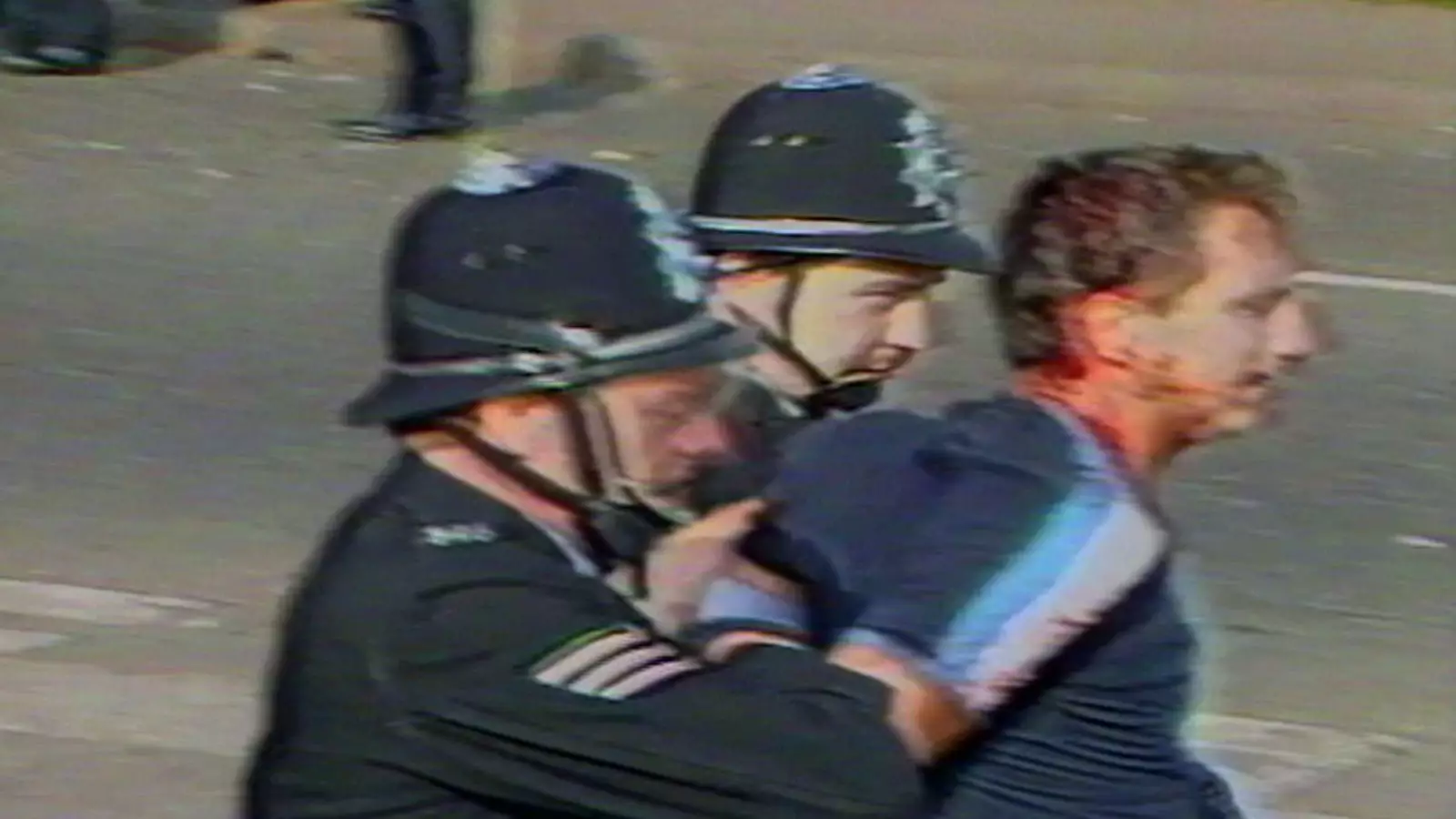The Orgreave incident is infamous not merely for its brutality, but for how it symbolizes a deeper, systemic failure to acknowledge the truth behind state violence against working-class communities. The clash between striking miners and police on that summer day in 1984 marked a turning point in British labor history, exposing the brutal lengths authorities were willing to go to suppress dissent. Yet, decades later, this event continues to serve as an emblem of institutional cover-ups and the denial of justice.
What happened on June 18, 1984, was more than a chaotic confrontation—it was a calculated display of power. Thousands of miners, exercising their right to protest economic policies that threatened their livelihoods, faced an overwhelming police force equipped with horses, batons, and riot shields. Several unarmed miners suffered serious injuries, some with visible scars, others psychologically scarred for life. The narrative of that day was quickly seized by authorities: miners as aggressors, police as protectors. But evidence suggests that this depiction was deeply flawed, perhaps deliberately manipulated to justify a crackdown that disproportionately targeted the working class.
The absence of accountability has perpetuated a sense of betrayal among victims and their families. Despite the physical and emotional toll inflicted, few have been held responsible. The judiciary, hamstrung by unreliable police evidence, dismissed many trials, allowing potential wrongdoing to remain unexamined. The silence and suppression surrounding the event fostered a climate of mistrust, which only deepened with time.
The Long Road to Justice and the Role of Political Courage
Initially, successive governments dismissed calls for an inquiry, perhaps fearful of the political ramifications or reluctant to confront their own complicity in suppressing dissent. The delayed pursuit of justice reflects the broader hesitations of a nation reluctant to confront its own darker chapters. Only in recent years has a shift begun—recognizing the importance of reckoning with historical injustices.
The formal announcement of a public inquiry feels like a breakthrough, yet it raises questions about whether this will be enough to restore faith. The inquiry is statutory, meaning witnesses are compelled to testify, signaling a serious attempt to uncover hidden truths. Nonetheless, skepticism remains. Can an official investigation overcome decades of accumulated prejudice and cover-up? Will it truly challenge the myth that miners were inherently violent, or will it merely serve as a symbolic gesture?
The choice of Bishop Pete Wilcox to chair the inquiry offers both hope and concern. As a religious figure with a background in social justice, he symbolizes moral authority; but skeptics argue that the inquiry must go beyond moral assertions to confront institutional complicity. Justice is not served by symbolic gestures alone. It requires a rigorous, transparent process that dares to dig into government archives, police records, and witness testimonies—some of which are still under embargo.
Reckoning with the Past: Restoring Trust and Demanding Accountability
The aftermath of the violence has seen some small steps toward acknowledgment—South Yorkshire Police paid over £400,000 in compensation, a gesture of acknowledgment but hardly enough to rectify the fundamental injustices. For many miners and their families, however, these efforts are insufficient. The real healing can only come from the honest confrontation of truths hidden for too long.
This event highlights the peril of dismissing working-class voices and the importance of holding power to account. Trust between police and communities cannot be restored through monetary compensation or superficial inquiries; it demands transparency, acknowledgment, and genuine accountability. Justice at Orgreave should not be seen as a political convenience but as a necessary step to prevent history from repeating its darkest chapters.
In the broader context, the ongoing struggle for truth underscores the importance of vigilant, fearless inquiry into state actions. The miners’ fight for justice is a testament to resilience and the enduring human quest for dignity. It challenges us to reevaluate the narratives we’ve been told and to accept that true justice often requires courage—courage to admit uncomfortable truths and to confront figures of authority who may prefer silence over acknowledgment.

Leave a Reply